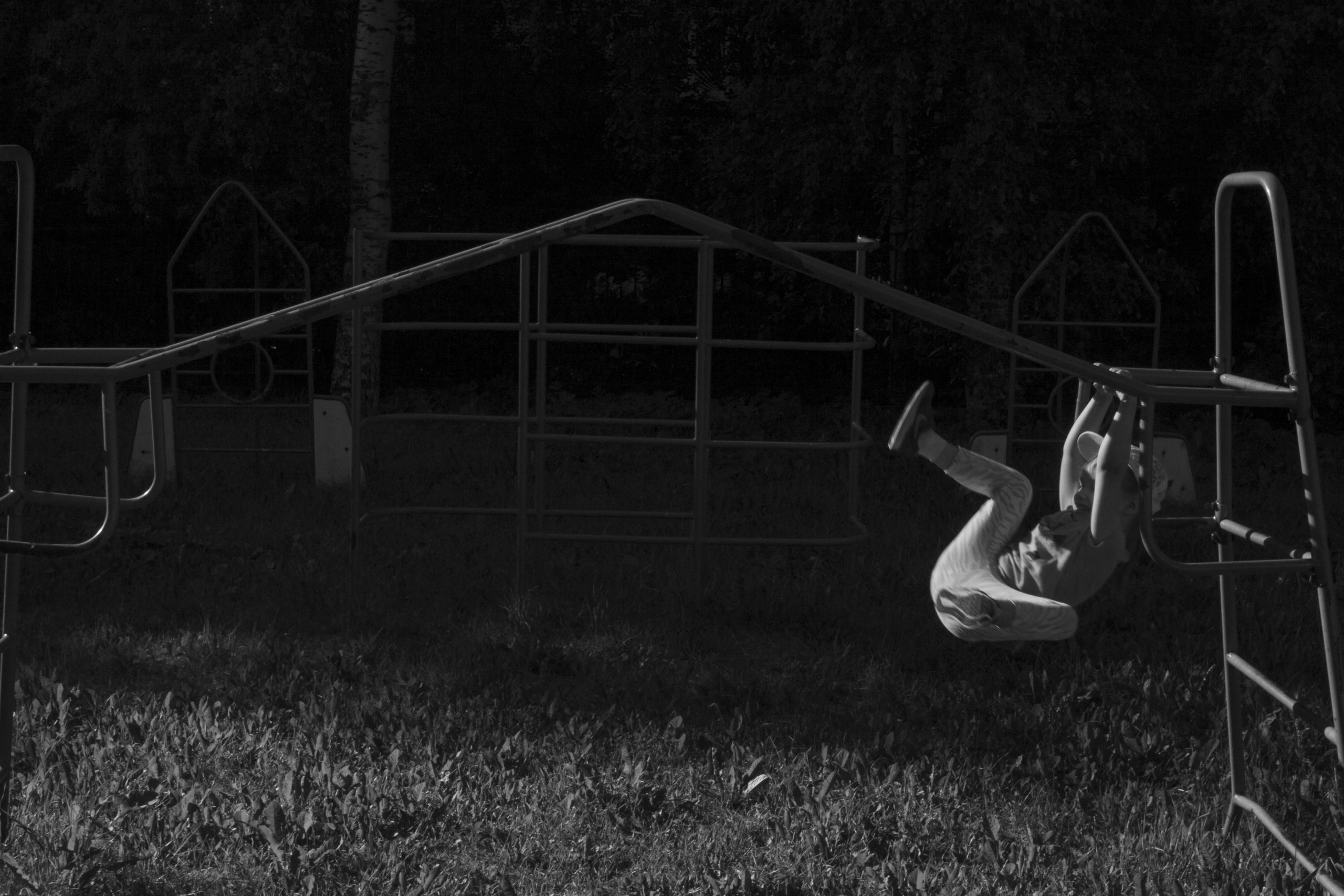But what constitutes evidence? How should it be packaged? How do researchers communicate their findings so that they are correctly interpreted and how do we ensure that policymakers understand our findings?
Research is not – and should not be – instrumental. Some research and its benefits are seen decades after the fact, others contribute to an ever increasing evidence base. However, social science researchers have contributions to make to policy and practice in many fields – health care, public policy, science, and technology to name but a few.
The consensus seems to be that researchers need to come out of their “research bubble”, and make sure their evidence impacts on policy and practice, at an ever increasing rate. But what constitutes evidence? How should it be packaged? How do researchers communicate their findings so that they are correctly interpreted and how do we ensure that policymakers understand our findings? How do we ensure that we are conducting research and disseminating findings to have maximum impact on policy? And does the research we do help set policy agendas and inform decision making?
The New Social Research programme organized a seminar series with international speakers in October-November 2018. The seminar series is a start to a package of work focusing on evidence for policy, practice and the public, facilitated by NSR researchers. The talks by international guests such as Jacob Stegenga (Cambridge University), Louise Mansfield (Brunel University) and Simon Lewin (Norwegian Knowledge Centre for the Health Services and Health Systems Research Unit, Medical Research Council of South Africa), and an international panel discussion were recorded, and are available on youtube. Do engage with us – post your thoughts, comments, feedback or counterarguments on Twitter (@newsocialresearch) or send us an email!






